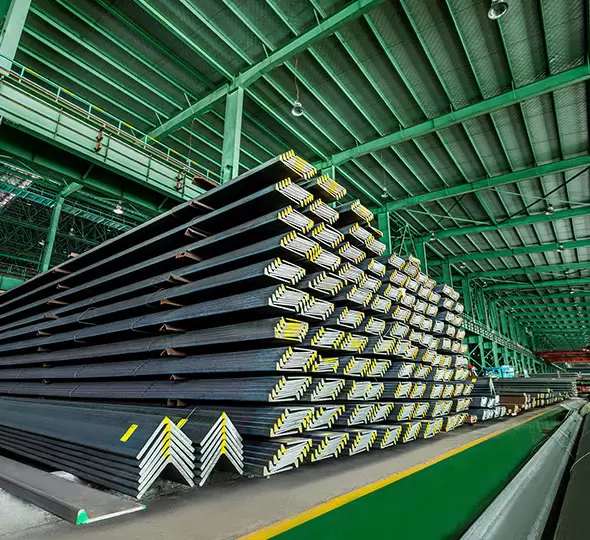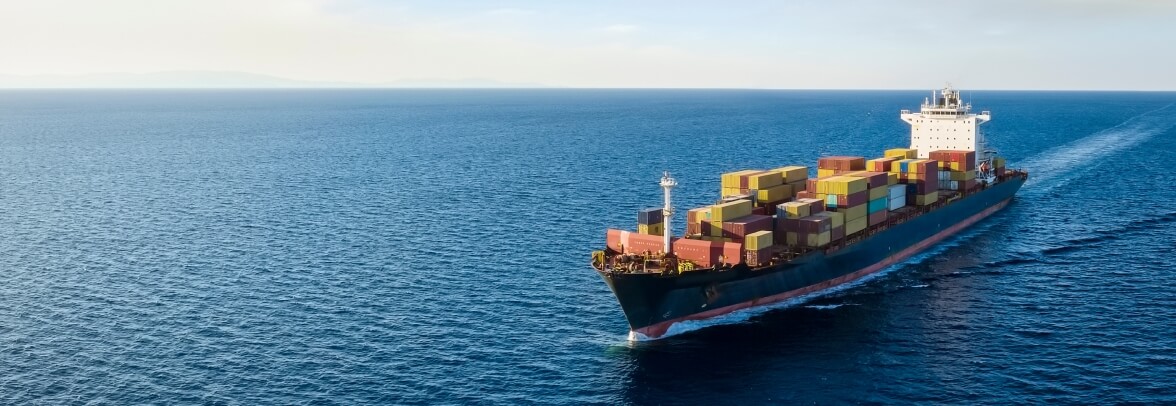Bulb Flat Bar for Shipbuilding: An Essential Component for Stronger and More Efficient Vessels
2025-01-03
In the world of shipbuilding, achieving structural integrity and operational efficiency is of paramount importance. Ships, whether cargo carriers, tankers, or naval vessels, must endure harsh marine environments, withstand extreme loads, and operate efficiently over extended periods. To meet these rigorous requirements, specialized materials and components are used in their construction. Among these, bulb flat bar for shipbuilding stands out as an indispensable structural element that contributes significantly to the strength, stability, and performance of a vessel. This article Longteng explores its advantages and why it is a go-to choice for ship designers and engineers worldwide.
What is Bulb Flat Bar For Shipbuilding?

Bulb flat bar for shipbuilding is a unique steel product with a flat, rectangular section on one side and a rounded "bulb" shape on the other. This design provides excellent strength-to-weight ratios, making them particularly suited for use in shipbuilding and offshore structures. They are manufactured using high-strength steel, enabling them to bear heavy loads, resist deformation, and remain durable even in corrosive marine environments. The bulb flat bar for shipbuilding is primarily utilized in the construction of ship hulls, decks, and frames. Its geometry ensures optimal load distribution, reducing stress concentrations and allowing for more efficient and lightweight ship designs. Available in various sizes, grades, and surface finishes, bulb flat bars can be tailored to meet the diverse demands of different ship types and applications.
Advantages of Using Bulb Flat Bar for Shipbuilding
1. Weight Reduction and Fuel Efficiency
One of the standout benefits of using bulb flat bar for shipbuilding is their remarkable ability to significantly reduce the overall weight of the vessel without compromising its structural integrity. By decreasing the weight of key components such as hull structures and internal frameworks, shipbuilders can achieve better fuel efficiency, as lighter vessels require less energy to propel through water. This weight reduction also translates into lower greenhouse gas emissions, aligning with stricter environmental regulations in the shipping industry. In commercial shipping, where fuel costs often dominate operating budgets, the use of bulb flat bar for shipbuilding becomes an invaluable strategy to achieve both cost savings and sustainability. Additionally, reduced weight means that vessels can accommodate more cargo, enhancing their profitability and competitiveness in global markets.
2. Improved Structural Strength
The unique and innovative geometry of bulb flat bar for shipbuilding provides superior strength and rigidity, making them an indispensable material in modern shipbuilding. The flat section of the bar ensures stability, while the bulb adds extra support, distributing stress and resisting deformation under heavy loads. This combination is critical in ensuring that ships can withstand the high stresses encountered during operations, such as rough sea conditions, heavy cargo loads, and impacts. Furthermore, the enhanced structural strength offered by bulb flat bar for shipbuilding extends the lifespan of the vessel, as these bars are less prone to bending or fatigue over time. Their ability to perform reliably under extreme conditions makes them particularly suitable for specialized ships, such as icebreakers, oil tankers, and naval vessels, which must endure harsher operating environments.
3. Corrosion Resistance
The marine environment presents one of the most challenging settings for materials, as ships are constantly exposed to corrosive agents like saltwater, humidity, and fluctuating temperatures. Bulb flat bar for shipbuilding addresses this issue through their high-grade material composition and advanced coatings. Many bulb flat bars are manufactured using corrosion-resistant steel alloys, such as stainless steel or specially treated carbon steel, that are designed to withstand prolonged exposure to these harsh conditions. Additionally, protective coatings like galvanization or specialized marine-grade paints enhance their resistance to rust and deterioration. This corrosion resistance not only ensures the structural integrity of the ship over time but also reduces the frequency and costs of maintenance. With bulb flat bars, shipbuilders can achieve long-term durability and reliability, even in the most demanding environments, such as offshore drilling or Arctic exploration.
4. Cost-Effectiveness
Bulb flat bar for shipbuilding provides an economical solution for modern shipbuilding projects, combining efficiency with affordability. Their lightweight nature reduces the amount of raw material needed in ship structures, directly lowering initial material costs. Moreover, bulb flat bars are easy to handle, cut, and weld, which simplifies assembly and speeds up the construction process. This streamlined construction results in significant savings in both time and labor expenses. Over the long term, their durability and corrosion resistance contribute to reduced maintenance and repair requirements, further minimizing operational costs for shipowners. For commercial vessels, such as cargo ships and oil tankers, where profitability depends on operational efficiency, the cost advantages of using bulb flat bars are particularly compelling. Their affordability and performance make them an ideal choice for both large-scale projects and smaller, specialized vessels.
5. Design Flexibility
One of the key strengths of bulb flat bar for shipbuilding lies in their versatility. They are available in a wide range of sizes, thicknesses, and steel grades, giving designers and engineers the freedom to create customized solutions for a variety of ship types. For instance, thinner bars might be used for lightweight structures, while thicker, more robust bars are suitable for high-stress areas like bulkheads or decks. This flexibility also allows shipbuilders to optimize designs for different applications, such as maximizing cargo space in freight ships, improving passenger comfort in cruise liners, or enhancing agility in military vessels. Additionally, their adaptability makes them an ideal choice for innovative ship designs, enabling engineers to meet evolving industry demands, such as reduced carbon emissions or improved hydrodynamic efficiency. The ease with which bulb flat bars can be integrated into diverse shipbuilding projects underscores their essential role in pushing the boundaries of modern marine engineering.
The role of bulb flat bar for shipbuilding cannot be overstated. These structural steel profiles are a cornerstone of modern marine engineering, offering unmatched strength, durability, and efficiency. From reinforcing hulls and decks to supporting the intricate frameworks of cargo ships and offshore vessels, bulb flat bars are indispensable in ensuring the safety, reliability, and longevity of marine structures. Their numerous advantages, including a high strength-to-weight ratio, corrosion resistance, and cost efficiency, make them a preferred material for shipbuilders worldwide. By incorporating bulb flat bars into their designs, shipbuilders can achieve superior performance while meeting the rigorous demands of the marine environment. As the industry continues to evolve, the importance of these steel profiles will only grow, cementing their status as a critical component in the future of shipbuilding.





















 Email
Email